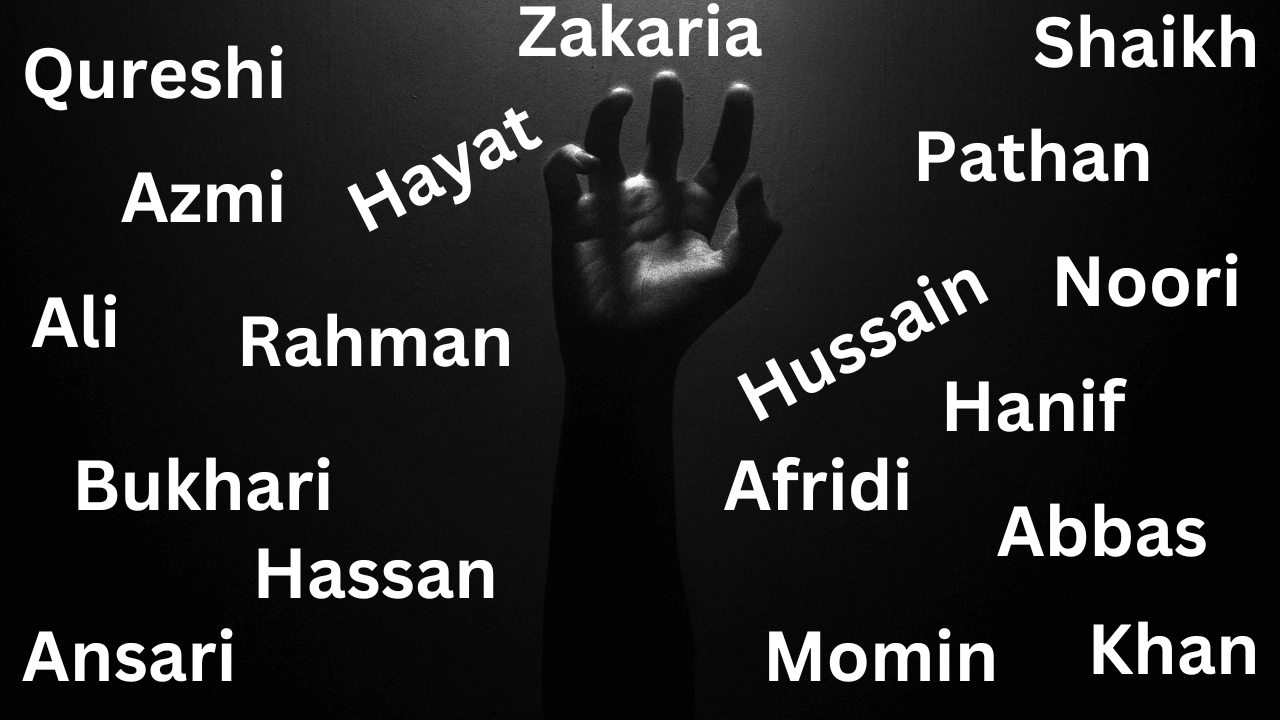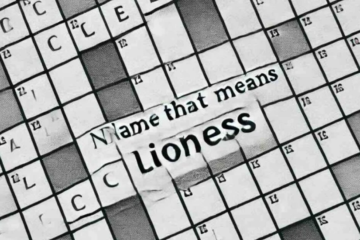Muslim surnames are a significant part of the cultural and religious heritage of the Islamic world. These surnames often carry rich histories, denoting lineage, tribal affiliations, geographical origins, and sometimes professions. Understanding these surnames provides a glimpse into the diverse and intricate tapestry of Muslim identities across the globe.
The Origins of Muslim Surnames
Muslim surnames have their origins in various historical, cultural, and social contexts. These surnames can often be traced back to the early days of Islam, reflecting the deep-rooted traditions and the spread of Islamic civilization across different regions.
Tribal and Clan Names
In the Arabian Peninsula, many surnames are derived from tribal or clan affiliations. Tribes such as Quraysh, Hashim, and Tamim have historically been influential, and their names have been carried forward as surnames. For example, the surname “Al-Qurashi” indicates a lineage from the Quraysh tribe, the tribe to which the Prophet Muhammad (PBUH) belonged. Such surnames not only indicate family heritage but also serve as markers of historical and social status within the community.
Geographical Origins
Many Muslim surnames are indicative of geographical origins, signifying the region or place from where a family hails. For instance, surnames like “Al-Baghdadi” (from Baghdad), “Al-Makki” (from Mecca), and “Al-Misri” (from Egypt) reflect the geographical roots of the family. These names often provide historical insights into migration patterns and the spread of Muslim populations across different territories.
Religious and Spiritual Lineage
In many Muslim communities, surnames also reflect religious or spiritual lineage. Names such as “Sayyid” or “Syed” denote descendants of the Prophet Muhammad (PBUH) through his grandsons Hasan and Husayn. These surnames carry a significant religious connotation and are often held in high esteem within the Muslim world. Similarly, the surname “Sheikh” is commonly used to denote a learned person or a leader within the community, often linked to religious or scholarly authority.
Professional and Occupational Names
Occupational surnames are also prevalent among Muslims, reflecting the profession or trade of the ancestors. Surnames like “Haddad” (blacksmith), “Najjar” (carpenter), and “Attar” (perfumer) are examples of names derived from ancestral occupations. These surnames provide a historical glimpse into the traditional crafts and trades that were prevalent in Muslim societies.
The Influence of Islamic Expansion
The expansion of Islam from the 7th century onwards had a profound impact on the development and dissemination of Muslim surnames. As Islamic civilization spread across the Arabian Peninsula, North Africa, Persia, South Asia, and beyond, local cultures and traditions intertwined with Islamic influences, resulting in a rich diversity of surnames.
North Africa and the Maghreb
In North Africa, the influence of Berber, Arab, and Islamic cultures is evident in the region’s surnames. Names like “Ben Ali” (son of Ali), “Abdallah” (servant of Allah), and “Al-Fassi” (from Fes, Morocco) showcase the blend of local and Islamic elements. The Maghreb region, with its unique history of Arab and Berber interactions, has produced a distinctive set of surnames that reflect the region’s cultural mosaic.
Persia and Central Asia
In Persia (modern-day Iran) and Central Asia, the Islamic influence combined with pre-Islamic Persian traditions to create unique surnames. Names like “Shah” (king), “Khan” (leader), and “Razi” (from Ray, Iran) highlight the fusion of Islamic and Persian cultural elements. These surnames often denote a sense of nobility and heritage, reflecting the region’s historical significance.
South Asia
The spread of Islam to South Asia brought about a rich diversity of surnames influenced by Arab, Persian, and local Indian cultures. Surnames like “Hussain” (descendant of Husayn), “Chowdhury” (landowner), and “Ansari” (helper, referring to the Ansar of Medina) are common among South Asian Muslims. The subcontinent’s complex history of dynasties, migrations, and cultural exchanges has contributed to the rich tapestry of Muslim surnames in the region.
Contemporary Perspectives on Muslim Surnames
In the contemporary world, Muslim surnames continue to hold cultural, social, and religious significance. They are markers of identity, heritage, and belonging, often connecting individuals to their roots and traditions.
Preservation of Heritage
For many Muslims, surnames are a way to preserve and honor their heritage. They serve as a link to their ancestors and the historical and cultural legacy of their families. In a rapidly globalizing world, where cultural identities can sometimes be diluted, surnames act as a reminder of one’s origins and cultural heritage.
Adaptation and Integration
In diaspora communities, Muslim surnames often reflect the adaptation and integration of individuals into new cultural contexts. For instance, Muslim immigrants in Western countries may retain their traditional surnames while adopting new cultural practices. Surnames like “Ahmed,” “Khan,” and “Ali” are common among Muslim communities in Europe and North America, symbolizing a blend of cultural identities.
Challenges and Misconceptions
Despite their rich history and significance, Muslim surnames can sometimes be subject to misconceptions and stereotyping. In some contexts, individuals with Muslim surnames may face discrimination or bias due to prevailing stereotypes. It is essential to promote awareness and understanding of the diverse and multifaceted nature of Muslim surnames, fostering respect and appreciation for their cultural and historical value.
Conclusion
Muslim surnames are a testament to the rich and diverse cultural heritage of the Islamic world. From tribal affiliations and geographical origins to religious lineages and occupational names, these surnames reflect the historical and social dynamics that have shaped Muslim identities over centuries. In the contemporary world, they continue to serve as markers of identity, heritage, and belonging, connecting individuals to their roots and traditions. By understanding and appreciating the history and perspectives behind Muslim surnames, we can foster greater cultural awareness and respect in our increasingly interconnected world.
Keep an eye for more news & updates on DiscoverTribune.org!



